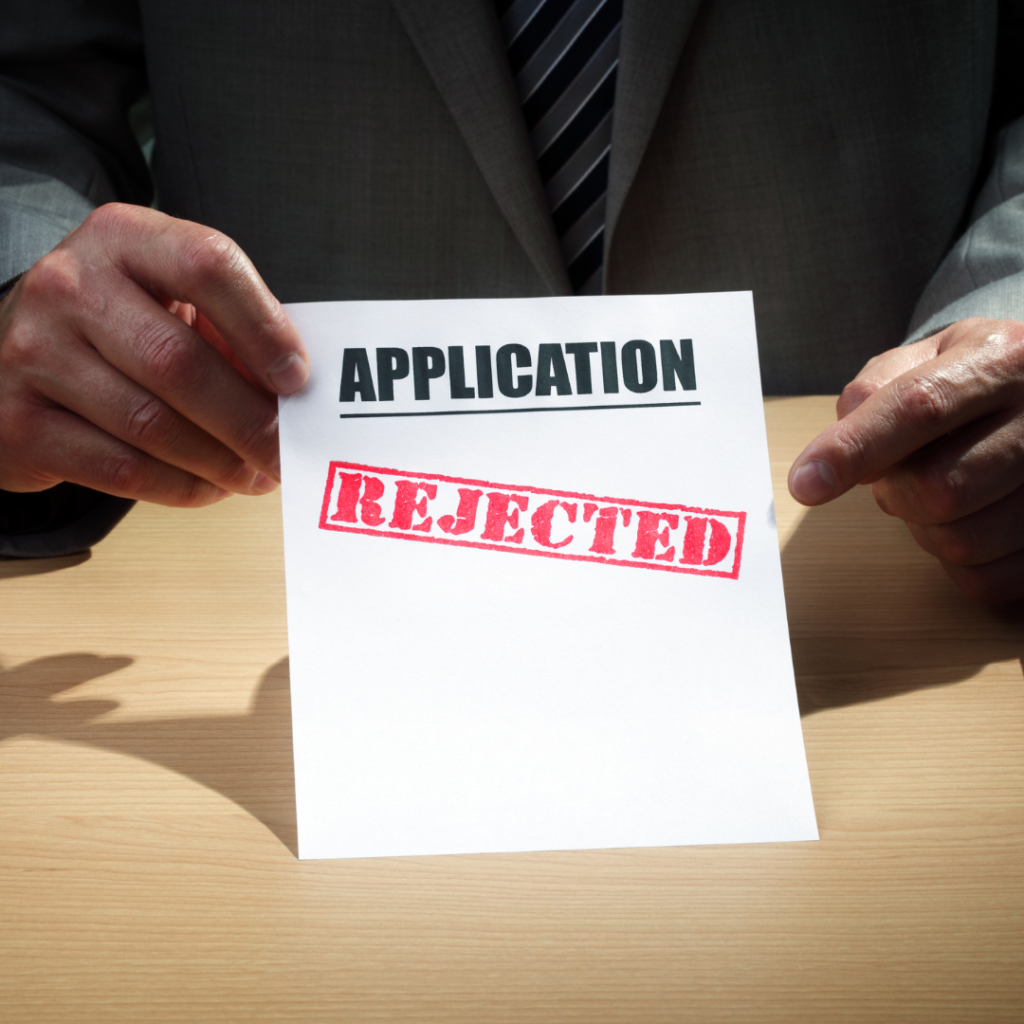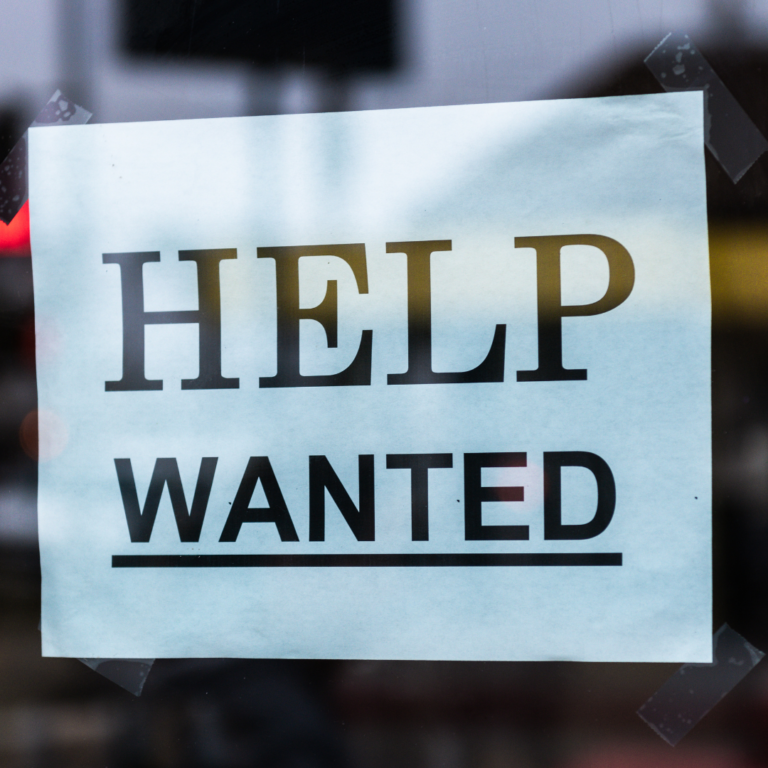Do you know yourself?
Do you believe in yourself?
These questions delve into the core of self-awareness and confidence, inviting introspection and reflection. Knowing oneself encompasses understanding one’s values, strengths, weaknesses, and aspirations. It involves a deep exploration of one’s identity, motivations, and beliefs. Believing in oneself, on the other hand, is about having confidence in one’s abilities, decisions, and potential for growth.
“You can only believe in what you don’t know”
The beauty of this quote lies in its invitation to explore, to question, and to embrace the vastness of the unknown. It’s a reminder that belief is not confined to what we can see or rationalise, but rather flourishes in the spaces where curiosity and wonder cross over. By acknowledging the limitations of our knowledge, we open ourselves to infinite possibilities and the boundless potential of the unseen.
The journey of self-discovery is ongoing and multifaceted. It requires honesty, introspection, and a willingness to confront both the light and shadow aspects of one’s being. Knowing oneself involves not only recognising one’s strengths and passions but also acknowledging areas for improvement and growth. It is a process of uncovering layers of identity and understanding how past experiences shape present perceptions.
Belief in oneself is closely intertwined with self-esteem and self-confidence. It involves trusting in one’s abilities to overcome challenges, pursue goals, and navigate life’s uncertainties. However, believing in oneself is not always easy, especially in the face of adversity or self-doubt. It requires resilience, perseverance, and a willingness to challenge limiting beliefs.
Ultimately, the journey of self-discovery and self-belief is deeply personal and unique to each individual. It is a continuous process of growth, learning, and self-acceptance. By cultivating self-awareness and nurturing self-confidence, we empower ourselves to embrace our true potential and live authentically.
Someone told me today that job searching is demoralising.
Job searching can often be a demoralising experience, especially when faced with rejection, uncertainty, and prolonged periods of unemployment. The process of putting oneself out there, applying for roles, attending interviews, and waiting for responses can take a toll on one’s self-esteem and morale.
When grappling with questions like “Do you know yourself? Do you believe in yourself?” in the context of job searching, it becomes evident how intimately linked self-awareness and self-confidence are to the process. Knowing oneself involves understanding not just one’s skills and qualifications, but also one’s values, aspirations, and preferred work environment. However, despite having a clear sense of self, the relentless cycle of rejections or lack of responses can chip away at one’s belief in oneself and erode confidence.
While job searching may indeed be demoralising at times, it’s essential to maintain perspective, stay resilient, and seek support when needed. Each rejection is not a reflection of one’s worth but an opportunity for growth and self-discovery. By staying true to oneself and believing in one’s abilities, individuals can weather the challenges of job searching and ultimately find a role that aligns with their aspirations and values.



